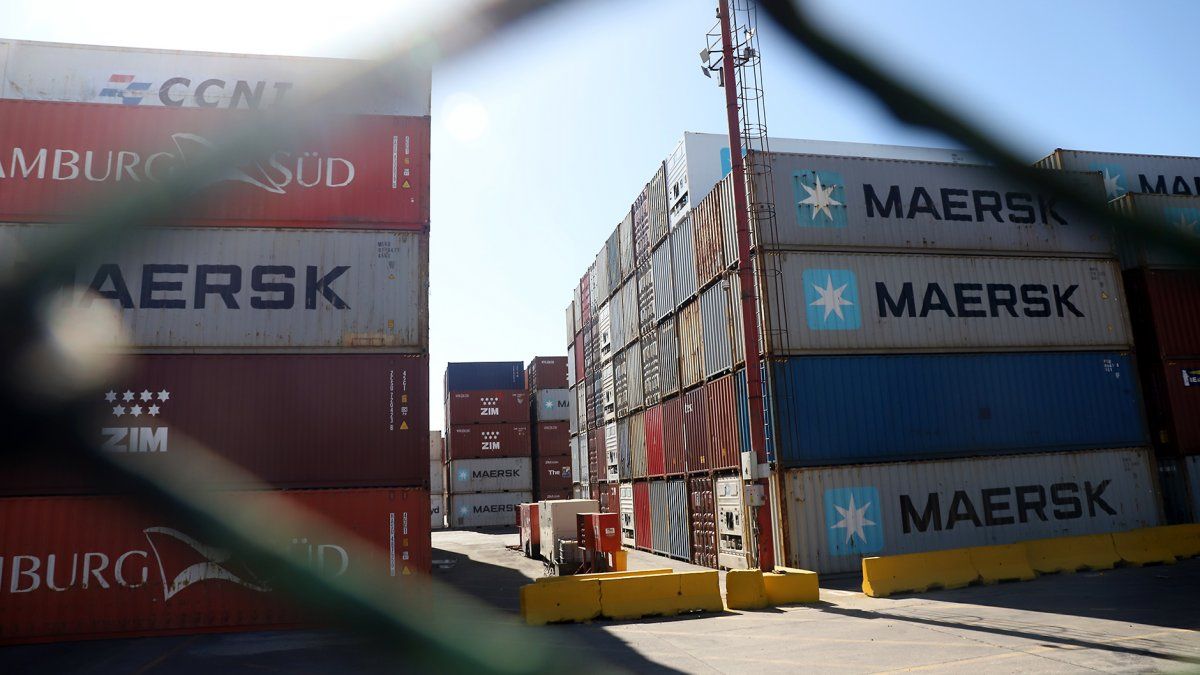With this scenario, the Ministry of Commerce defined the transfer of more than a thousand tariff positions to the Non-Automatic Licenses regime. Golf clubs, chocolates, guitars, bags, backpacks, wallets, cryptocurrency mining machines, motor vehicles, cameras and movie projectorsamong others, will now pass through the filter of the office led by Matías Tombolini.
Until now, automatic licenses accounted for around 70% of Argentina’s imports, mostly inputs or intermediate goods that are not locally manufactured. But within the list of items that were approved for entry into the country with dollars at an official price in less than 48 hours, there were also products that the Government considers do not merit this urgency. Therefore, from will now be reduced to 59% of items. Specifically, of 10,282 tariff positions, some 6,088 will have an automatic license and the rest, 4,194 nomenclatures (41%), will remain under the regime that allows greater control by the Ministry of Economy.
“There was a contradiction. An SME may have difficulty accessing an input or even a machine to increase its production and create employment. But through another window we enable the entry of goods that are not essential in less than two days. What you want to correct is that. Prioritize dollars towards production”, they explained from Sergio Massa’s team.
In silence, the Government had already been transferring tariff positions to the non-automatic licensing regime since the beginning of the year. He did it in batches of five or ten per resolution. In this case, it is a mass migration. Provided that the planned intervention deadlines are respected, the modality should not generate difficulties before the world trade organization. Without going any further, Brazil has a scheme by which all imports go through a control similar to that established by Argentine regulations for certain products.
Importers Radar
In parallel, the Customs launched this Tuesday new operating system called RADAR that will allow you to unify the databases of all dependencies. In this way, they seek centralize information from importers to have instantaneous administrative complaints, faults or penalties that a company may have committed.
In this way, the aim is to have an agile tool when dismantling maneuvers carried out by importers to take advantage of the exchange rate gap, such as over-invoicing of imports or under-invoicing of exports, among others.
These measures are part of a general framework of what the Government calls “foreign trade regulation.” This advance will be crystallized in the next few hours when the Ministry of Economy announces a new Comprehensive Import Monitoring System (IF MY).
Source: Ambito
David William is a talented author who has made a name for himself in the world of writing. He is a professional author who writes on a wide range of topics, from general interest to opinion news. David is currently working as a writer at 24 hours worlds where he brings his unique perspective and in-depth research to his articles, making them both informative and engaging.




